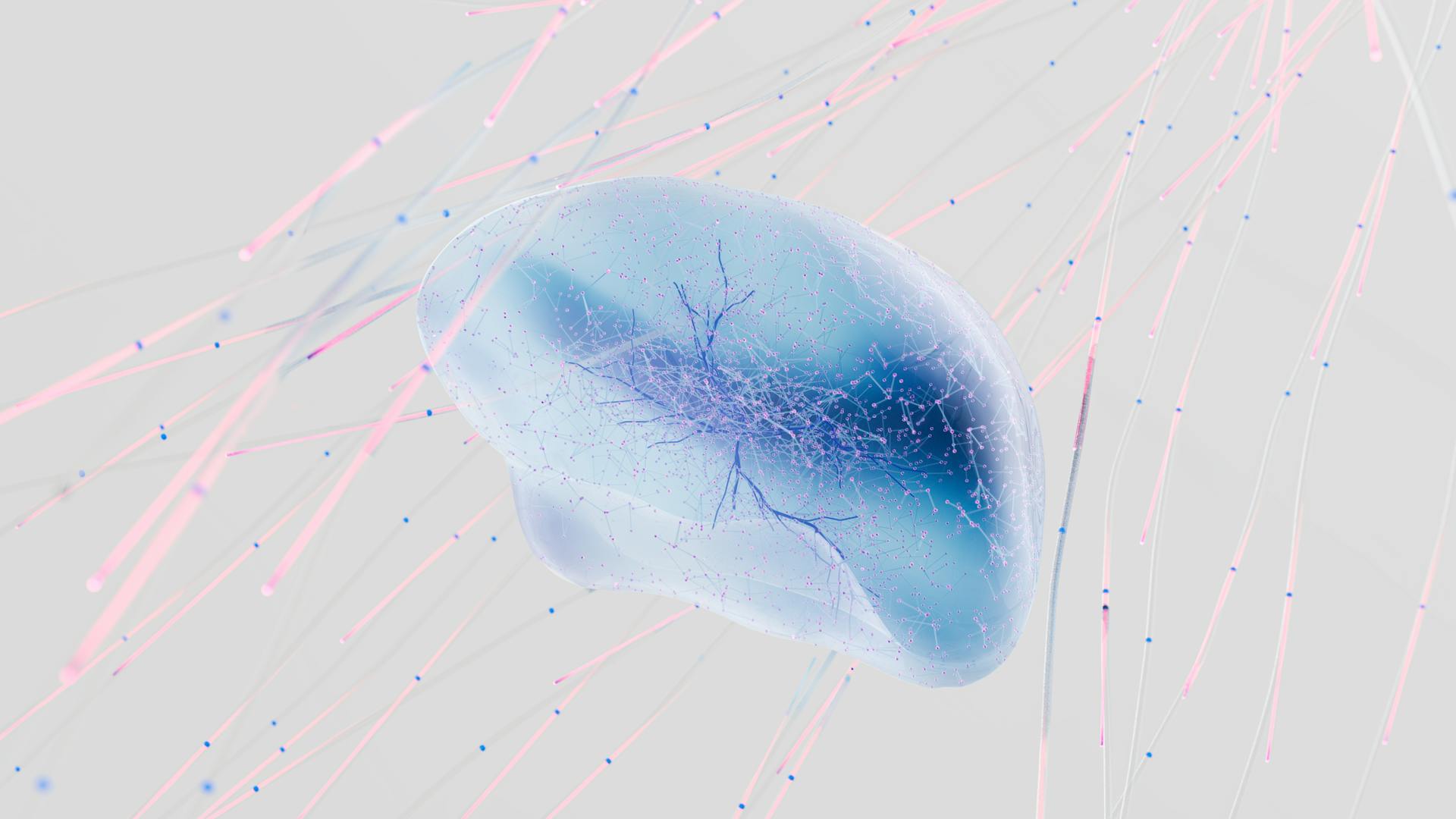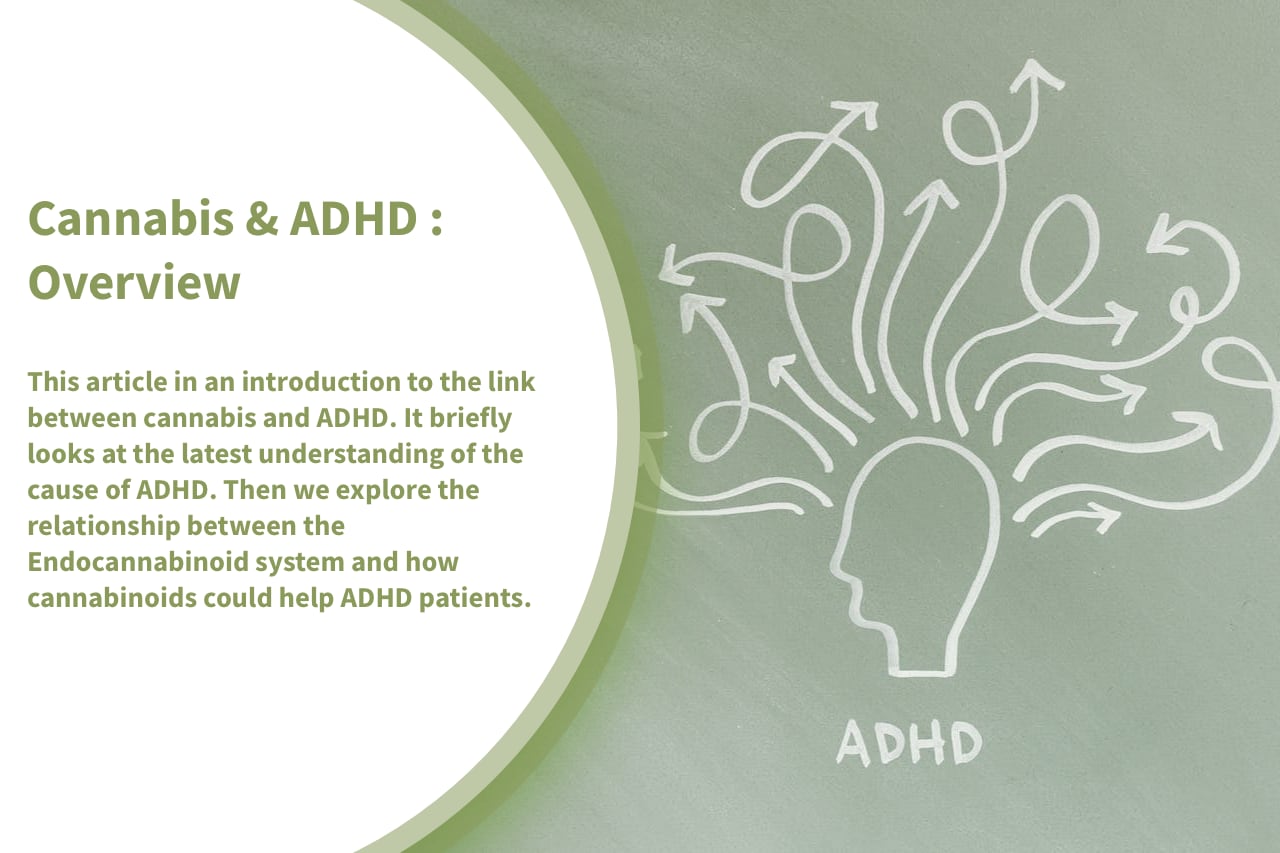Theanine is an amino acid primarily found in tea leaves, particularly in green tea. It’s known for its calming effects on the brain and body. Here’s how it can benefit your wellbeing:
Stress Reduction: Theanine promotes relaxation and reduces stress by increasing levels of neurotransmitters like dopamine and serotonin in the brain. It can help alleviate anxiety and promote a sense of calmness without causing drowsiness.
Improved Focus and Cognitive Function: Theanine has been shown to enhance cognitive function, including attention and memory. It can also help improve focus and mental clarity by increasing alpha brain wave activity, which is associated with a state of wakeful relaxation.
Better Sleep Quality: Theanine may help improve sleep quality by promoting relaxation and reducing stress levels. It can also aid in falling asleep faster and experiencing deeper, more restful sleep.
Mood Enhancement: By increasing levels of neurotransmitters like dopamine and serotonin, theanine can help improve mood and overall emotional wellbeing. It may have antidepressant-like effects and can help alleviate symptoms of depression and anxiety.
Reduced Blood Pressure: Some studies suggest that theanine may help lower blood pressure levels, particularly in individuals with hypertension. It achieves this by promoting relaxation and reducing stress, which can contribute to improved cardiovascular health.
Antioxidant Properties: Theanine possesses antioxidant properties, which can help protect cells from damage caused by free radicals. This may have various health benefits, including reducing the risk of chronic diseases and supporting overall wellness.
Support for Weight Loss: Some research indicates that theanine may aid in weight loss by increasing metabolism and promoting fat oxidation. Additionally, its calming effects can help reduce stress-related eating and cravings.
Overall, theanine offers several potential benefits for wellbeing, including stress reduction, improved cognitive function, better sleep quality, mood enhancement, and support for cardiovascular health. It’s generally considered safe for most people when consumed in moderate amounts, primarily through tea consumption or as a dietary supplement. However, it’s always a good idea to consult with a healthcare professional before adding new supplements to your routine, especially if you have any underlying health conditions or are taking medications.





